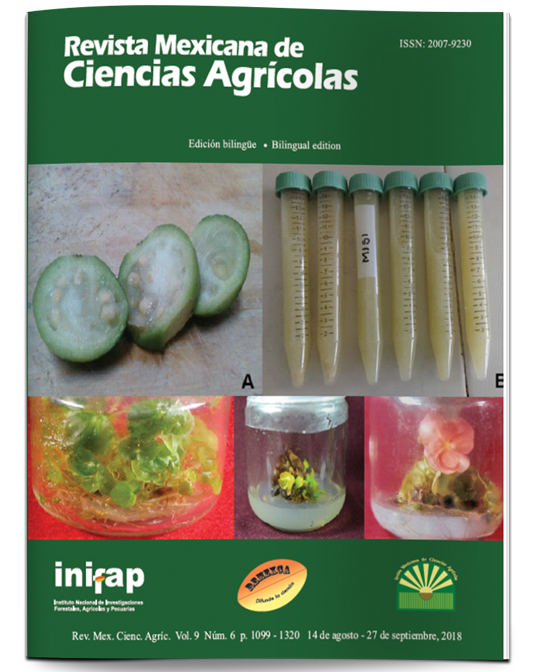Impact of income and social deprivation on meat consumption in Mexico
Consumo de carne en México y carencias sociales.
DOI:
https://doi.org/10.29312/remexca.v9i6.654Keywords:
CONEVAL, multidimensional measurement, welfareAbstract
The consumption of meat is important for the human being, due to the protein benefits of high biological value that this food contains. In addition to income there are other variables such as social deprivation, which also determine the consumption of meat. Identifying meat consumers in economic groups will help to understand the relationship between income and social deprivation with the consumption of this good. In July of 2014, an exploratory survey was conducted with a sample of 429 Mexican families the data are of a mixed nature, supported by a questionnaire of 43 questions, of which 20 were designed under the methodology of multidimensional measurement of poverty of the CONEVAL, in order to detect the index of social deprivation of the consumers surveyed. An F test was applied to check homogeneity of variances in the weekly consumption of meat of the three economic groups detected (vulnerable due to social deprivation, moderate multidimensional poor and extreme multidimensional poor). Finally, the Student’s T test was carried out to check whether there is a difference in meat consumption between the three economic groups. The results showed that there is indeed a difference in consumption for beef, pork and chicken between the vulnerable group due to social deprivation and extreme multidimensional poverty with a t of 2.8254, 2.686 and 2.2367 respectively. Therefore, it is concluded that, in effect, social deprivation and income directly influence the weekly consumption of meat.
Downloads
Downloads
Published
How to Cite
Issue
Section
License
The authors who publish in Revista Mexicana de Ciencias Agrícolas accept the following conditions:
In accordance with copyright laws, Revista Mexicana de Ciencias Agrícolas recognizes and respects the authors’ moral right and ownership of property rights which will be transferred to the journal for dissemination in open access. Invariably, all the authors have to sign a letter of transfer of property rights and of originality of the article to Instituto Nacional de Investigaciones Forestales, Agrícolas y Pecuarias (INIFAP) [National Institute of Forestry, Agricultural and Livestock Research]. The author(s) must pay a fee for the reception of articles before proceeding to editorial review.
All the texts published by Revista Mexicana de Ciencias Agrícolas —with no exception— are distributed under a Creative Commons License Attribution-NonCommercial 4.0 International (CC BY-NC 4.0), which allows third parties to use the publication as long as the work’s authorship and its first publication in this journal are mentioned.
The author(s) can enter into independent and additional contractual agreements for the nonexclusive distribution of the version of the article published in Revista Mexicana de Ciencias Agrícolas (for example include it into an institutional repository or publish it in a book) as long as it is clearly and explicitly indicated that the work was published for the first time in Revista Mexicana de Ciencias Agrícolas.
For all the above, the authors shall send the Letter-transfer of Property Rights for the first publication duly filled in and signed by the author(s). This form must be sent as a PDF file to: revista_atm@yahoo.com.mx; cienciasagricola@inifap.gob.mx; remexca2017@gmail.
This work is licensed under a Creative Commons Attribution-Noncommercial 4.0 International license.



